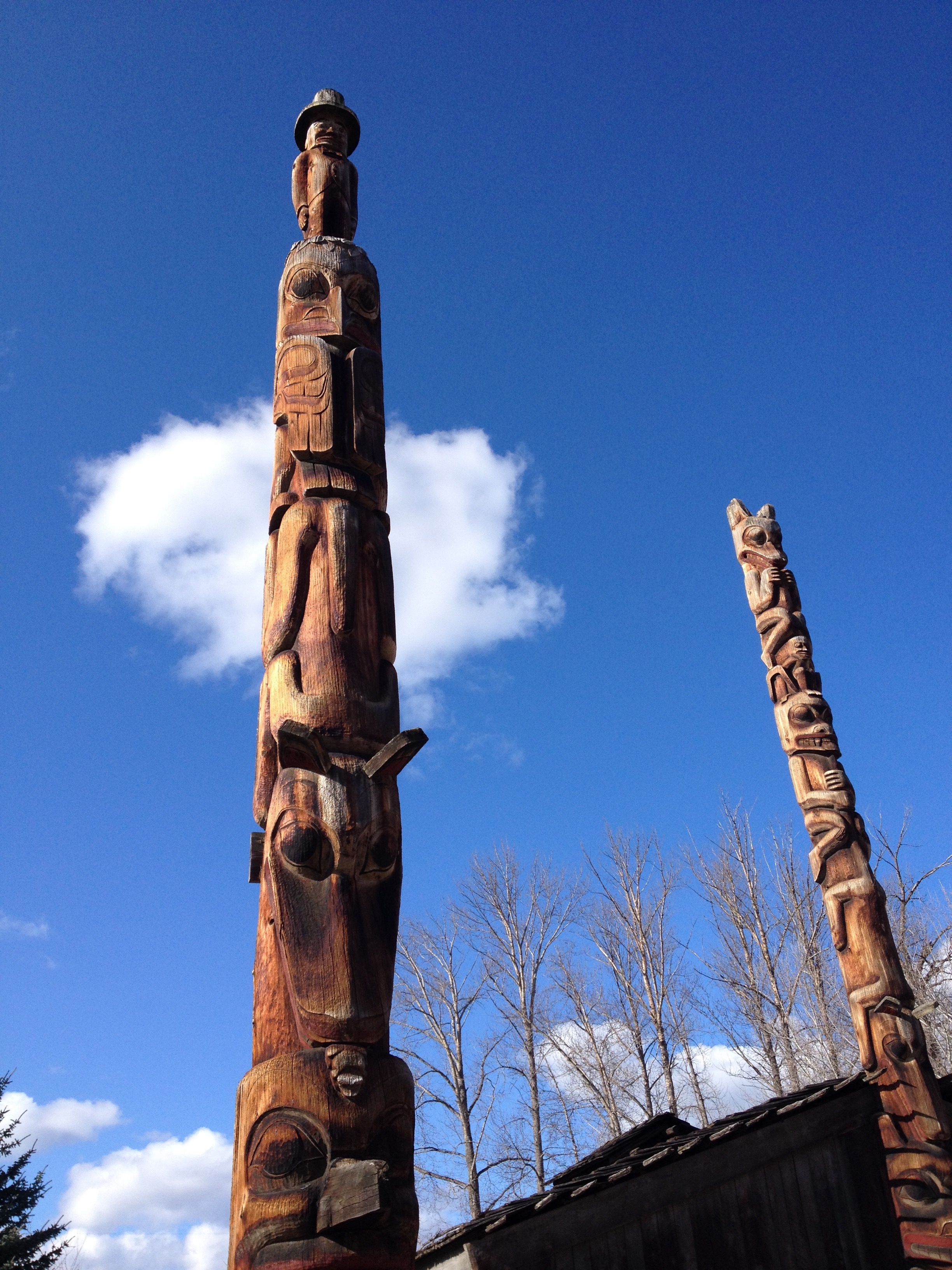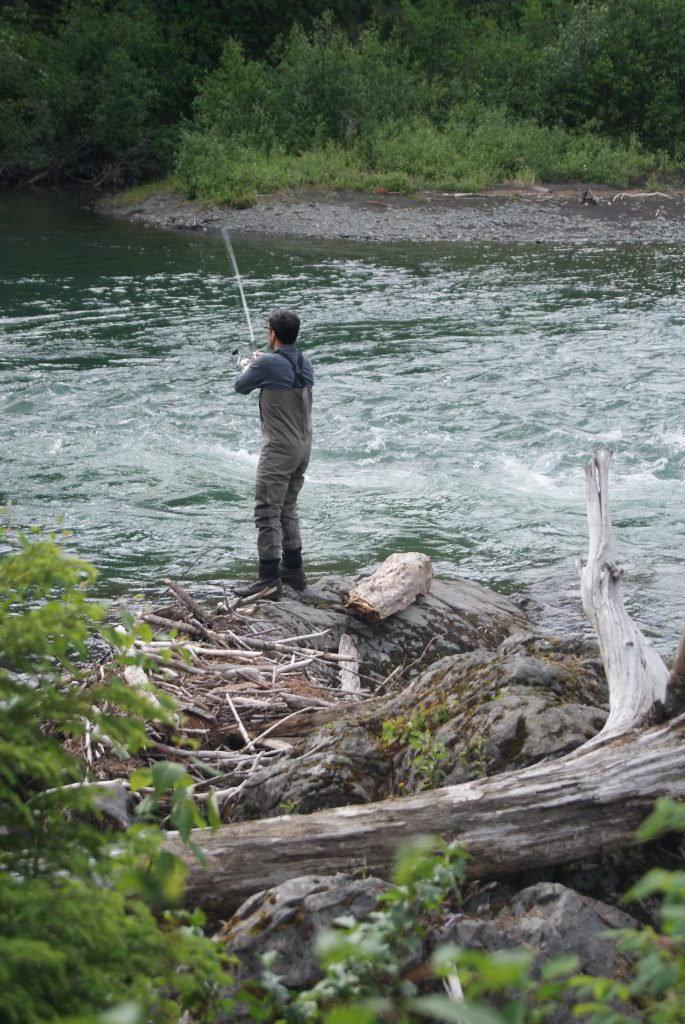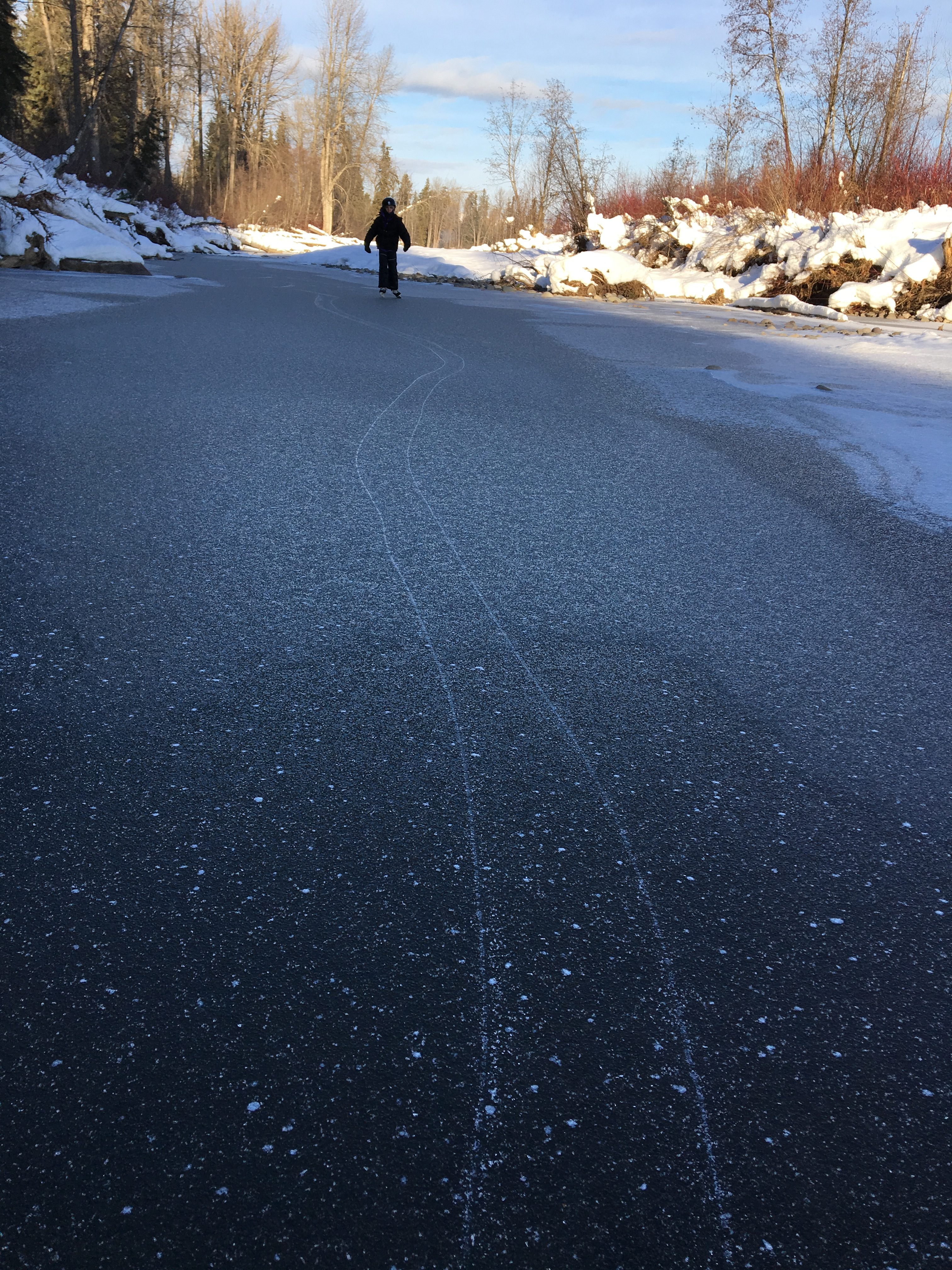Resources
Below are some resources that we have found helpful for the work we do.
-
A refined look at “critical minerals” in B.C. Northern Confluence February 2025
The purpose of this primer is to help fact-check and broaden the conversation around “critical minerals” given their link to the current climate crisis, geopolitical tensions and tariff threats. The focus is on British Columbia, although references refinery capacity and links in other parts of the country.
-
A short video to learn more about UNDRIP developed in BC’s northwest
-
Achieving Sustainability: A vision for next-generation environmental assessment in British Columbia May 2018
-
An Audit of Compliance and Enforcement of the Mining Sector BC Auditor General May 2016
-
B.C. Fails to Meet Indigenous Consent Standard for Mining – 8 recent cases BC Mining Law Reform Network and MiningWatch Canada November 2021
The eight examples in this document illustrate how mining interests are prioritized under B.C. law even over the objection of First Nations and how FPIC remains elusive even after passage of DRIPA by the B.C. government.
-
BC Contaminated Mine Sites February 2021
A map showing nearly 200 mine sites in B.C. that are polluting or potentially contaminating.
-
BC Mining Law Reform Briefs University of Victoria May 2019
A series of recommendations for BC mining law reform that would better protect watersheds, communities and Indigenous rights.
-
BC’s proposed new Environmental Assessment Act: some things have really changed…others, not so much West Coast Environmental Law November 2018
-
Between Law and Action: Assessing the State of Knowledge on Indigenous Law, UNDRIP and Free, Prior and Informed Consent with Reference to Fresh Water Resources West Coast Environmental Law September 2017
-
Closing the Loop: B.C.’s role in recycling battery metals and minerals to power the electric vehicle revolution Pembina December 2021
With investments now in aggressive EV adoption, public transit infrastructure, and EV battery recycling capabilities, B.C. can be strategically positioned to be a leader in the low carbon future.
-
Collaborative Consent and British Columbia’s Water: Towards watershed co-governance Polis Institute September 2017
-
Critical Minerals: A Critical Look Northern Confluence June 2023
As British Columbia moves forward with its “critical minerals” strategy, it needs to look beyond mining and toward other opportunities for supply and demand reduction. This report looks at what B.C. currently mines, and also what other alternatives are possible. We can't mine our way out of the climate crisis. We are hoping to expand the conversation around "critical minerals" to ensure we’re looking at reducing consumption and incorporating other elements into our transition plan (like recycling and re-mining) and not just focusing on opening new mines.
-
Ecologically Significant Area – Heart of the Fraser case study Northern Confluence Initiative
Case studies have been developed to inform the federal government consultation on the regulatory process to establish “ecologically significant areas” under Section 34 of the Fisheries Act. An ESA designation could provide additional conservation and long-term protection, through regulation, to better protect fish and fish habitat in candidate areas that are sensitive, highly productive, rare or unique.
-
Ecologically Significant Area – Skeena Estuary Northern Confluence Initiative July 2022
Case studies have been developed to inform the federal government consultation on the regulatory process to establish “ecologically significant areas” under Section 34 of the Fisheries Act. An ESA designation could provide additional conservation and long-term protection, through regulation, to better protect fish and fish habitat in candidate areas that are sensitive, highly productive, rare or unique.
-
Environmental Assessment in British Columbia Environmental Law Centre November 2010
-
Federal Environmental Assessment Reform Summit: Executive Summary West Coast Environmental Law August 2016
-
Injunctions: The imbalances, Indigenous injustices, and insights into reform February 2022
In this webinar, we wade through injunctions with research and legal experts to examine the corporate/Indigenous imbalance, common law built up around them, conflicts with Indigenous laws and rights, and potential pathways forward out of the legal status quo.
-
Insights into Indigenous Protected and Conserved Areas (IPCAs) in northwest B.C. June 2023
This webinar held on June 20, 2023 provided context and background on IPCAs in the northwest region of B.C. Late last year the province joined in the international commitment to protect 30 percent of biodiversity by 2030. While progress has been slow to move forward with new conservation areas, several IPCAs have been declared over the past couple of years. Given that IPCAs are Indigenous-led and represent a long-term commitment to conservation, we hear from Tara Marsden (Gitanyow), Charmaine Thom (Taku River Tlingit) and Jennifer Zyp (Gwininitxw) about the conservation areas in their territories, what led to the declarations, the work that went into them, how they express Indigenous sovereignty, and other insights.
-
Lowering the Cost of Conservation: A Call to Reform Mineral Tenure Compensation in BC Environmental Law Centre October 2023
As the Province of B.C. moves forward to recognize Indigenous Protected and Conserved Areas and protect biodiversity, there is a need to ensure that compensation for mineral tenures are not prohibitive nor a barrier to conservation.
-
Mine Tailings Storage: Safety is No Accident United Nations Environment Program October 2017
-
Risks of mining to salmonid-bearing watersheds Science Advances July 2022
Mining provides resources for people but can pose risks to ecosystems that support cultural keystone species. Northern Confluence Director Nikki Skuce helped contribute to this research in collaboration with several scientists and policy experts in B.C. and downstream. Our synthesis reviews relevant aspects of mining operations, describes the ecology of salmonid-bearing watersheds in northwestern North America, and compiles the impacts of metal and coal extraction on salmonids and their habitat. To better maintain watershed processes that benefit salmonids, we highlight key windows during the mining governance life cycle for science to guide policy by more accurately accounting for stressor complexity, cumulative effects, and future environmental change.
-
Scaling Up the Fisheries Act: Restoring Lost Protections and Incorporating Modern Safeguards West Coast Environmental Law January 2016
-
Toward Financial Responsibility in British Columbia’s Mining Industry Union of BC Indian Chiefs (UBCIC) May 2016
-
Transition Minerals: Now and Never Forum Report June 2024
The “Transition Minerals: Now and Never” forum, held on February 29, 2024, in Terrace, B.C., was convened with the purpose of examining the narratives and realities of mining and broadening the conversation around what are commonly referred to as “critical minerals”. The forum brought together a diverse group of participants, including members of Indigenous communities, non-governmental organizations (NGOs), academics, and legal experts to share knowledge and explore solutions. This report reflects some of the presentations and discussions that took place.
-
Truth and Reconciliation Commission of Canada: Calls to Action January 2015
-
Uncertainty Upstream: Potential Threats From Tailings Facility Failures in Northern British Columbia BC First Nations Energy and Mining Council June 2015
-
Undermining environmental assessment laws: post-assessment amendments for mines in British Columbia, Canada, and potential impacts on water resources Facets Journal April 2022
Given that most mines in BC receive amendments, and many are related to water, we express concern that amendment processes increase risk to water resources without meeting standards of evidence and public scrutiny required by the regular EA process.
-
United Nations Declaration on the Rights of Indigenous Peoples September 2017
-
Water Objectives Innovation Brief April 2022
This Innovation Brief synthesizes key learnings from a series of workshops that POLIS and the Northern Confluence Initiative hosted in 2021. It also outlines areas of convergence, tensions, and important questions about Water Objectives as a viable legal and policy tool under B.C.’s Water Sustainability Act.








![Northern Confluence [logo]](/wp-content/uploads/2019/02/northern-confluence-reverse.png)